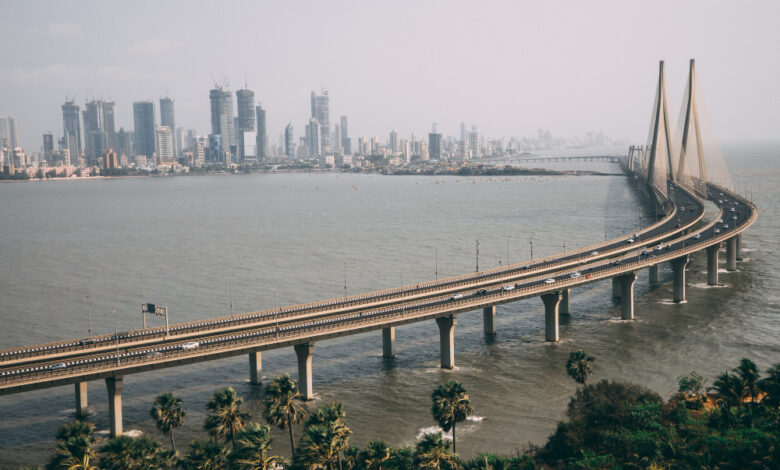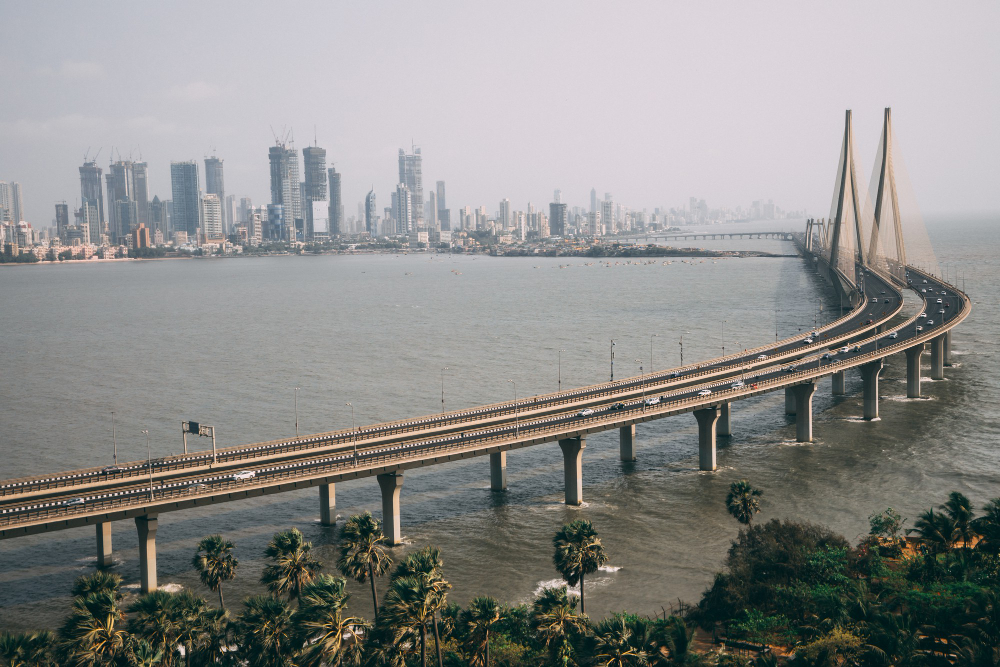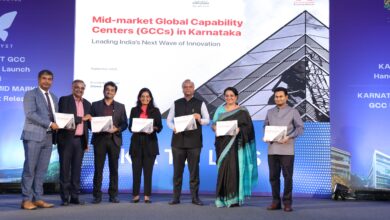
India’s Global Capability Centres (GCCs) have been at the forefront of the country’s transformation into a hub for innovation, resilience, and digital-first business models. With AI, ML, and automation reshaping how organizations operate, GCCs have evolved from cost arbitrage centers into strategic global hubs driving enterprise-wide transformation.
Now, Maharashtra—the country’s financial and commercial nerve centre—is setting the stage for its next big leap. The Maharashtra Global Capability Centre Policy 2025 aims to position the state as the premier global destination for GCCs, leveraging its strong ecosystem, talent base, and infrastructure.
Maharashtra’s Ambition: 400 New GCCs, 4 Lakh Jobs, ₹50,600 Crore Investment
The state government has set ambitious targets to:
-
Host 400 new GCCs across sectors.
-
Create 4 lakh high-skilled jobs through advanced skilling initiatives, research integration, and digital-first workforce development.
-
Generate ₹50,600 crore in investments in high-value, knowledge-intensive industries.
-
Push Tier-2 and Tier-3 cities like Nashik, Nagpur, and Chhatrapati Sambhajinagar into the GCC spotlight, creating new growth hubs beyond Mumbai and Pune.
Priority Sectors and Specialized GCC Clusters
The policy is future-facing in its sectoral focus. Maharashtra plans to foster specialized GCC clusters in areas including:
-
Aerospace & Defence
-
Agro & Food Processing
-
Gems & Jewellery
-
Logistics, Metals & Mining
-
Pharmaceuticals & Chemicals
-
Renewable & Green Energy
-
Textiles & Apparel
-
IT/ITES and Automotive
Fiscal and Non-Fiscal Incentives: A Two-Pronged Push
To accelerate adoption, the state is offering an attractive blend of fiscal and non-fiscal incentives.
Fiscal Incentives include:
-
Capital subsidy or rental assistance
-
Payroll and interest subsidies
-
R&D grants and patent filing assistance
-
Green certification support
-
Power tariff subsidy and duty exemptions
-
Stamp duty and property tax exemptions
Non-Fiscal Incentives include:
-
Industry status to GCCs
-
Additional FSI and mixed-use permissions
-
Reserved MIDC land and priority allotments
-
24/7 operations and flexible employment conditions
-
A robust digital data repository and uninterrupted utility access
The Bigger Picture: Maharashtra in India’s GCC Race
The Maharashtra policy comes at a time when several Indian states are sharpening their GCC playbooks.
In our recent analysis of Andhra Pradesh, Gujarat, and Madhya Pradesh—what we referred to as the “emerging trifecta”—we observed how Tier-2 cities like Visakhapatnam, Vadodara, and Indore are rapidly positioning themselves as GCC hotspots. Their strategies are based on a combination of location advantages, policy-driven incentives, and comprehensive talent development programs.
Adding to this momentum, Uttar Pradesh has recently unveiled one of the most aggressive GCC policies yet, targeting over 1,000 new GCCs and the creation of 5 lakh high-quality jobs. Its fiscal incentives include land subsidies, full stamp duty reimbursements, payroll and opex support, and innovation grants, while non-fiscal benefits promise 24×7 operations, FAR relaxations, plug-and-play infrastructure, and a dedicated Technical Support Group to guide enterprises.
With such moves, the GCC landscape is becoming a dynamic policy battleground, offering multinational companies a broader set of choices across India.
What This Means for Enterprises and Ecosystem Players
For multinational enterprises, Maharashtra’s policy offers a compelling proposition:
-
Strategic Location Advantage: Access to India’s financial capital and a strong ecosystem of corporates, startups, and service providers.
-
Talent Depth: A diverse and digitally skilled workforce with strong middle-management leadership.
-
Policy Stability: A well-structured package of incentives and enablers that reduces both setup friction and long-term costs.
-
Expansion Beyond Metros: An opportunity to tap into emerging urban centers like Nagpur and Nashik, where costs are lower, but talent density is rising.
For ecosystem players—consultants, technology providers, and academia—this policy opens up new avenues for partnerships, co-innovation, and ecosystem-building.
With the Global Capability Centre Policy 2025, Maharashtra has signaled its intent to lead the next wave of India’s GCC growth story. By marrying its strengths in finance, technology, and infrastructure with a forward-looking incentive framework, the state is laying the foundation for becoming a global GCC powerhouse.
At GCC Pulse, we will continue tracking how Indian states—from Maharashtra to Uttar Pradesh—are shaping the evolving GCC landscape. Stay tuned for deep dives, interviews, and policy analyses that unpack what this means for the global enterprise ecosystem.






